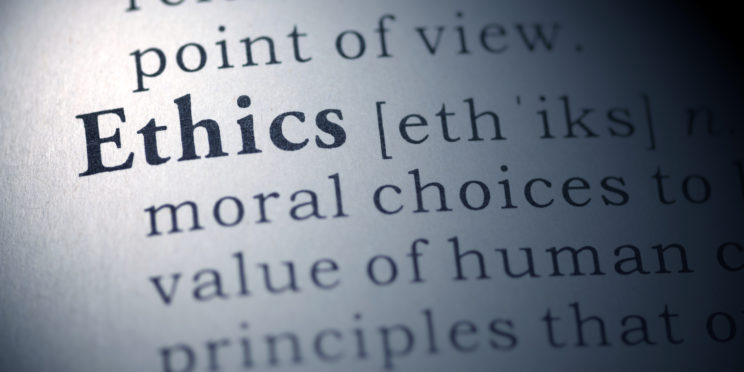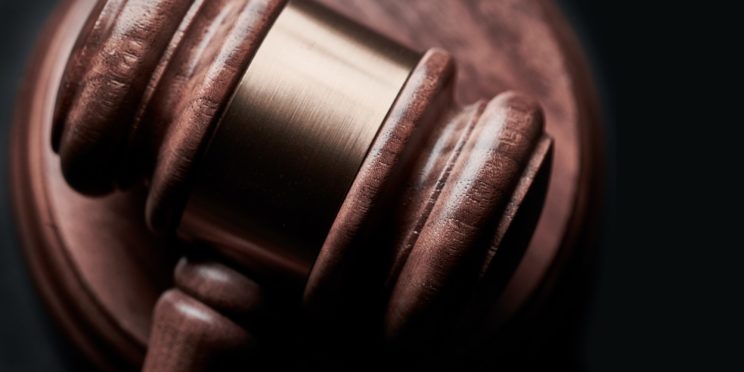A lawyer’s departure from a law firm can be disruptive to client relationships and representations. Generally, the client in ongoing matters must be given the choice between staying with the firm, going with the departing lawyer who handled the matter,…
The Ethics of Third-Party Litigation Funding
Photo: Michael J. Fox in The Good Wife. Credit: CBS. In the “Raw Deal” episode of The Good Wife, Louis Canning (played by fan favorite Michael J. Fox) shared privileged information with a litigation funding source about what his corporate client…
Legal Ethics and Attorney Mistakes
Missing a deadline for filing a pleading or discovery response, or omitting an important argument from a brief, can have grave consequences for the client. While some mistakes are more serious than others, the lawyer must still adhere to the…
What Not to Include in Fee Agreements
Starting your client relationships off right can minimize your risk of liability. Your engagement agreement should set the tone and act as a road map. The sample hourly and contingent fee agreements published by the State Bar of California can…
The Legal Ethics of Access to Justice
The California Rules of Professional Conduct (Rules) provide the minimum standards that lawyers must meet to avoid discipline by the State Bar. A lawyer’s professional responsibilities, however, extend beyond those rules. As Comment to Rule 1.0 instructs, a lawyer…
Can You Confront Opposing Counsel if Opposing Counsel Is Violating the Rules of Professional Conduct?
Believing that opposing counsel violated the California Rules of Professional Conduct (CRPC or Rule) can present a clear ethical dilemma for attorneys. However, Rule 3.10, also known as the extortion prohibition rule, provides limitations on the attorney’s actions. Rule 3.10…
Data Breach: Breaking Down a Lawyer’s Ethical Duties to Inquire and Disclose
Your laptop or smartphone containing client confidences is lost or stolen. Or, you learn that the public Wi-Fi that you accessed yesterday without using a Virtual Private Network (VPN) was a fake internet portal set up by hackers. Even worse,…
Can You Handle the Truth?
Attorneys must be honest for the justice system to work and for the system to have any credibility to the general public. To that end, attorneys had a duty of candor under the old California Rules of Professional Conduct (CRPC)…
Location, Location, Location: Unauthorized Practice of Law in California
Thanks to advances in technology, lawyers around the country are able to represent their clients remotely, no matter where the lawyers physically shelter-in-place. Unfortunately, the rules and laws governing the unauthorized practice of law (UPL) and multi-jurisdictional practice (MJP) are…
Beware Private Uncertified Referral Companies
You get a call from a person working for a company that promises you that they are looking for three lawyers practicing in your field of emphasis in the Bay Area and that, if you sign up now for a…
Judicial Ethics and Independence Must Guide Judges’ Responses to Racial Injustice
Judge Noël Wise, Alameda County Superior Court Judge Monica F. Wiley, San Francisco County Superior Court In California the judge’s Oath of Office begins, “I solemnly swear that I will support and defend the Constitution of the United States and…
Rule 1.13 Likely Requires a Lawyer to “Report Up” an Instruction to “Bury the Evidence”
You are outside litigation counsel for a corporate client defending a personal injury case. The plaintiff issues a formal demand for security footage of her fall on your client’s premises. You have the footage in your possession – and it…











